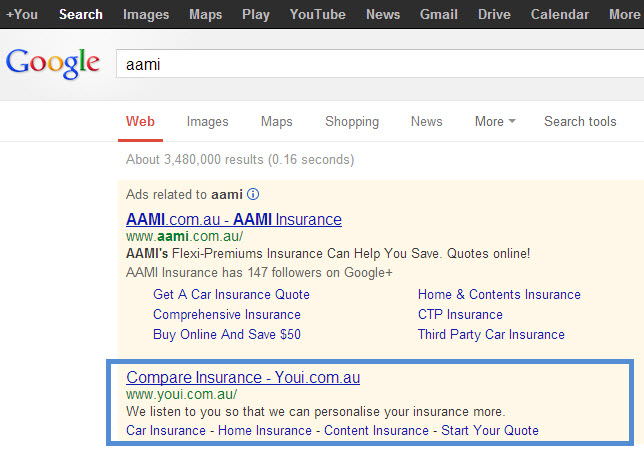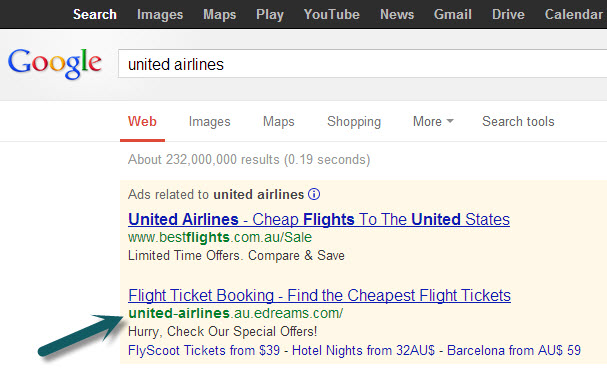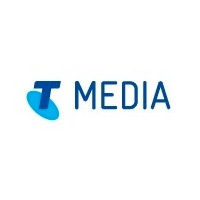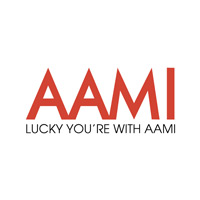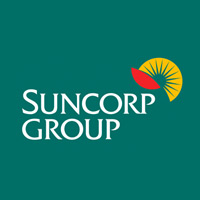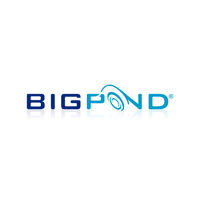In mid-March 2013 Google announced that the AdWords trademark policy would be updated in some countries across the Search and Display network. This change was pushed live on 23 April 2013 and affected the small handful of countries as listed below:
- China
- Hong Kong
- Macau
- Taiwan
- Australia
- New Zealand
- South Korea
- Brazil
By no means is this breaking news. Surely, we knew it was coming, right? The countries listed above were the last countries globally to move into this new policy. The US had been made to follow this since 2009 and the EU from 2010. All this change did was make us (Australians) follow Google’s policy as the rest of the world does.
So, what does this change mean?
Previously, brands could file for trademark protection with Google AdWords. Once approved competitors were unable to use trademarked keywords within their ad campaigns. Now however, that is no longer the case. According to Google:
“Google will no longer prevent advertisers from selecting a third party’s trademark as a keyword in ads targeting these regions.”
Below is a perfect example of Youi bidding on the brand term AAMI.
The motivation for this is to give users more relevancy and choice (and likely more cashola in Google’s pockets).
It is important to note that this policy does not change how trademarks are used and reinforced when placed in ad text.
Any currently filed trademark complaints regarding the use of trademarked keywords (as keywords) will no longer be reviewed. However, restrictions of trademarked terms in ad text will continue to be restricted and complaints can still be filed. The use of trademarked terms in ad copy does have some exceptions:
- Campaigns targeting the US, Canada, UK and Ireland may use the terms in ad text if they are run in compliance with the policy on research and informational sites.
- If the advertiser has been given explicit permission to use a term from the owner.
- If the ad text uses the term descriptively rather than a reference to the trademarked term.
- The ad is not in reference to the goods and services corresponding to the trademarked term.
Trademark Term Usage
- Can be used in keywords.
- Trademarked terms can be used in the display URL, as mentioned above (if you have an issue with a third party using your term in this fashion your only recourse is to contact the advertiser in question and have a nice chat).
- The term can not be used in ad text.
- If the trademark is registered you will need to prove this to Google by providing the registration number or a copy of the registration document before they will proceed with any complaint. If this is not in place it is an open playing field – even in the ad copy.
How will this affect me?
- As noted, you can now bid on your competitors keywords. The question is do you want to? Or, should you?
- On the flip side, your competitors can bid on your keywords. That much is clear.
- The result may mean that you could potentially lose traffic and conversions to your site.
- When the bidding begins it is highly likely that you will see an increase in the CPC rates for your trademarked terms.
What do I need to do?
- If you don’t already, you should have a brand specific campaign to help monitor the CPC for your terms.
- Monitor the paid search results to see if competitors are bidding on your terms.
- Make a decision as to whether or not you’ll bid on competitor terms.
- If you choose to do so set up a separate competitor campaign.
- Ensure you use match types correctly.
- Consider revising your strategy (with caution and advice) if you find your CPC creeping upwards; take into consideration how your site preforms organically.
- Be really smart about effectively using your brand terms in you ad copy.
- Be very careful with keyword insertion.
- Consider your quality score and the effect this can have on your CPCs.
Here is further reference:
Google Trademark Complaint Procedure
Google Trademark Policy Contact
Help for Trademark Owners
Trademark Use Authorization
Have you had a competitor bid on your brand terms? How has it affected your traffic, conversions and CPCs?
Sources:
- https://support.google.com/adwordspolicy/answer/177578
- https://support.google.com/adwordspolicy/answer/6118
- https://support.google.com/adwordspolicy/answer/2562124
- http://www.clickclickmedia.com.au/google-announces-update-to-adwords-trademark-policy/
- http://www.4community.com/blog/google-adwords-trademark-policy/
- http://blog.ericgoldman.org/archives/2010/08/google_liberali_1.htm
- http://blog.ericgoldman.org/archives/2009/05/google_liberali.htm
- http://www.forbes.com/sites/ericgoldman/2013/03/22/more-confirmation-that-google-has-won-the-adwords-trademark-battles-worldwide/
- http://searchengineland.com/google-streamline-adwords-rules-on-using-trademark-keywords-152907

